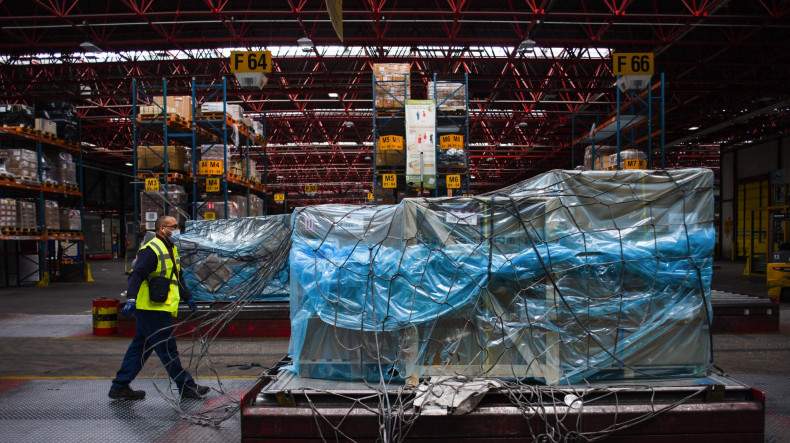
European officials concerned by spike in home appliance exports to Armenia, Kazakhstan
A sudden and surprising spike in European exports of washing machines, refrigerators and even electric breast pumps to Russia’s neighbors is raising concerns among officials the trade boom may be helping Vladimir Putin’s war machine in Ukraine, Bloomberg reports.
Armenia imported more washing machines from the European Union during the first eight months of the year than the past two years combined, according to data compiled by Bloomberg from the EU’s Eurostat database. Kazakhstan imported $21.4 million worth of European refrigerators through August, more than triple the amount for the same period last year.
Kazakh government data meantime show a jump in refrigerators, washing machines and electric breast pumps being shipped into Russia.
Some trade via Eurasian states into Russia may be opportunistic businesses making up for shortfalls of imports from elsewhere, or for Russian companies to break up the appliances and use components and semiconductors in civilian manufacturing.
But European officials familiar with the figures say they worry at least some of the goods and their components may be finding their way into military use, and are closely tracking the rise in exports to countries on Russia’s periphery.
Officials in Europe have already said publicly they have seen parts from refrigerators and washing machines showing up in Russian military equipment such as tanks since its invasion of Ukraine. People familiar with the assessments said it was quite possible that components and microchips from other household goods were being used for military purposes, too, even if mostly in relatively low-grade equipment.
The trade data show for example that EU exports of electric breast pumps to Armenia nearly tripled in the first half of 2022 versus the prior year, despite a 4.3% drop in the Armenian birth rate. Likewise, Kazakhstan’s demand for breast pumps from the EU soared 633% in the first half of 2022 even though the national birth rate fell 8.4% during the same period.
Newsfeed
Videos






























